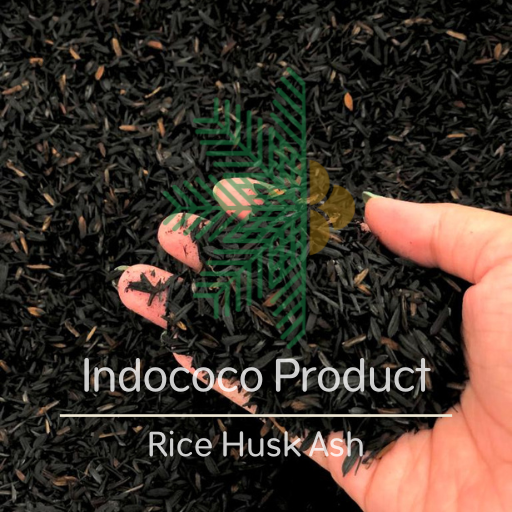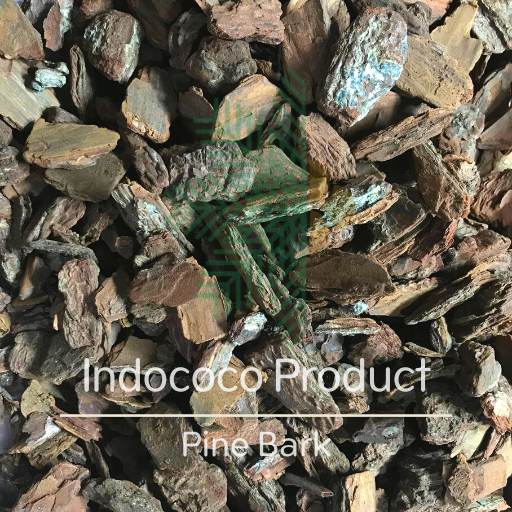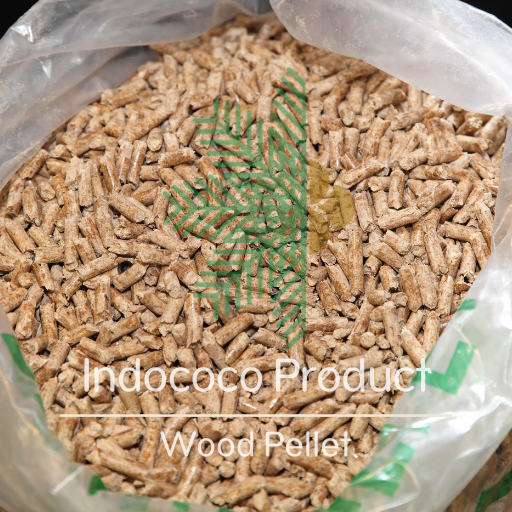- Home
- /
- Our Product
- /
- Others
- /
- Palm Shells
Palm Shells
Palm Shells

Description Product
Palm shells are the hard outer layer that covers the fruit of the oil palm tree. They are a byproduct of the palm oil industry and are produced in large quantities worldwide. Palm shells are used as a biomass fuel and are commonly used to generate energy for industrial purposes.
Palm shells are a sustainable source of energy, as they are a renewable resource and are readily available from the palm oil industry. They have a high calorific value, which makes them an efficient fuel for generating electricity, heat, and steam.
In addition to their use as a fuel, palm shells can also be used as a feedstock for the production of activated carbon. Activated carbon is a porous material that is commonly used for water filtration, air purification, and as an adsorbent in the chemical industry.
Palm shells can also be used as a soil amendment, as they are rich in nutrients and can help improve soil quality. They are particularly beneficial for sandy soils, as they can help retain moisture and improve soil structure.
Used For
Palm shells are mainly used as a biomass fuel to generate energy, particularly in the palm oil industry. Here are some of the main uses of palm shells:
- Power generation: Palm shells are commonly used as a fuel in biomass power plants to generate electricity. The energy produced can be used to power industrial processes, such as milling and refining of palm oil.
- Heat generation: Palm shells can also be used to generate heat for industrial processes, such as drying, sterilization, and distillation.
- Activated carbon production: Palm shells are a feedstock for the production of activated carbon, a highly porous material that is used for water filtration, air purification, and as an adsorbent in the chemical industry.
- Soil amendment: Palm shells can be used as a soil amendment, as they are rich in nutrients and can help improve soil quality. They can also help retain moisture and improve soil structure.
- Charcoal production: Palm shells can be converted into charcoal through a process called carbonization. The resulting charcoal can be used for cooking and heating.
People Also Viewed






